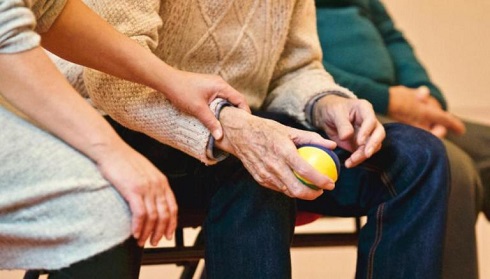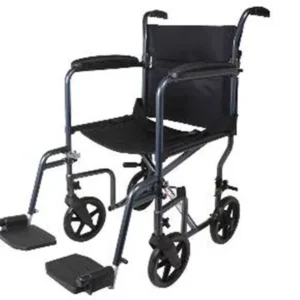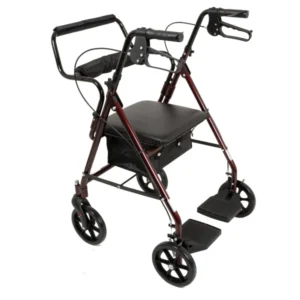How to Care for a Senior who Resists Care

- February 8, 2024
Knowing the best way to care for an elderly person who refuses to receive care is challenging. Cognitive decline can be distressing to see and can result in your loved one acting out of character. Refusing care could be a sign of emotional issues, poor mental heal, or physical problems. As a caregiver, it can be difficult to experience see a loved one refusing care they desperately need for their wellbeing.
In this article, you will find out some practical tips on caring for a senior who resists care.
However, the first step helping such a person is to understand why a person could refuse needed medical care in the first place.
Why Elderly Persons May Refuse Care
When discussing the reasons why some senior citizens don’t accept daycare, researchers have identified a number of causes.
The journal Aging Mental Health reports that it’s common for people with dementia to think they don’t need regular care. Some seniors also prefer to be on their own or worry about losing their independence. Undiagnosed depression can also cause someone to resist efforts to give them care.
5 Ways to Provide Care When a Senior Refuses it
Let’s look at some simple ways to help someone accept necessary medical care.
1. Determine the level of care needed
First of all, it is necessary to assess how much care is needed. Usually, the person’s doctor or another medical professional can give advice on their care needs. There may be a few options that can work well.
2. Choose the best time
It’s critical to choose the best time to approach the subject of extra care. This is especially true if you suspect the elderly person will not be keen on the idea. Pick a time when you know the person will be relaxed.
3. Find out their preferences
One important step to take is to learn if your loved one has any preferences. Sometimes, seniors are resistant to care because they feel matters have been taken out of their hands. Even though it may not be possible to meet all of their wishes, the conversation will usually go better if they feel their viewpoints have been considered.
4. Get some support from family members
If you find that your loved one refuses care, it is usually good to get some help from other members of the family. If that is not possible, kind but firm words from their doctor may help persuade them about the need for extra care.
5. Don’t give up
It’s important not to give up in helping your loved one to accept the needed care. In time, they may become less resistant to change in getting the care they need. You could suggest a trial which may do much to help alleviate their fears of getting extra care.













